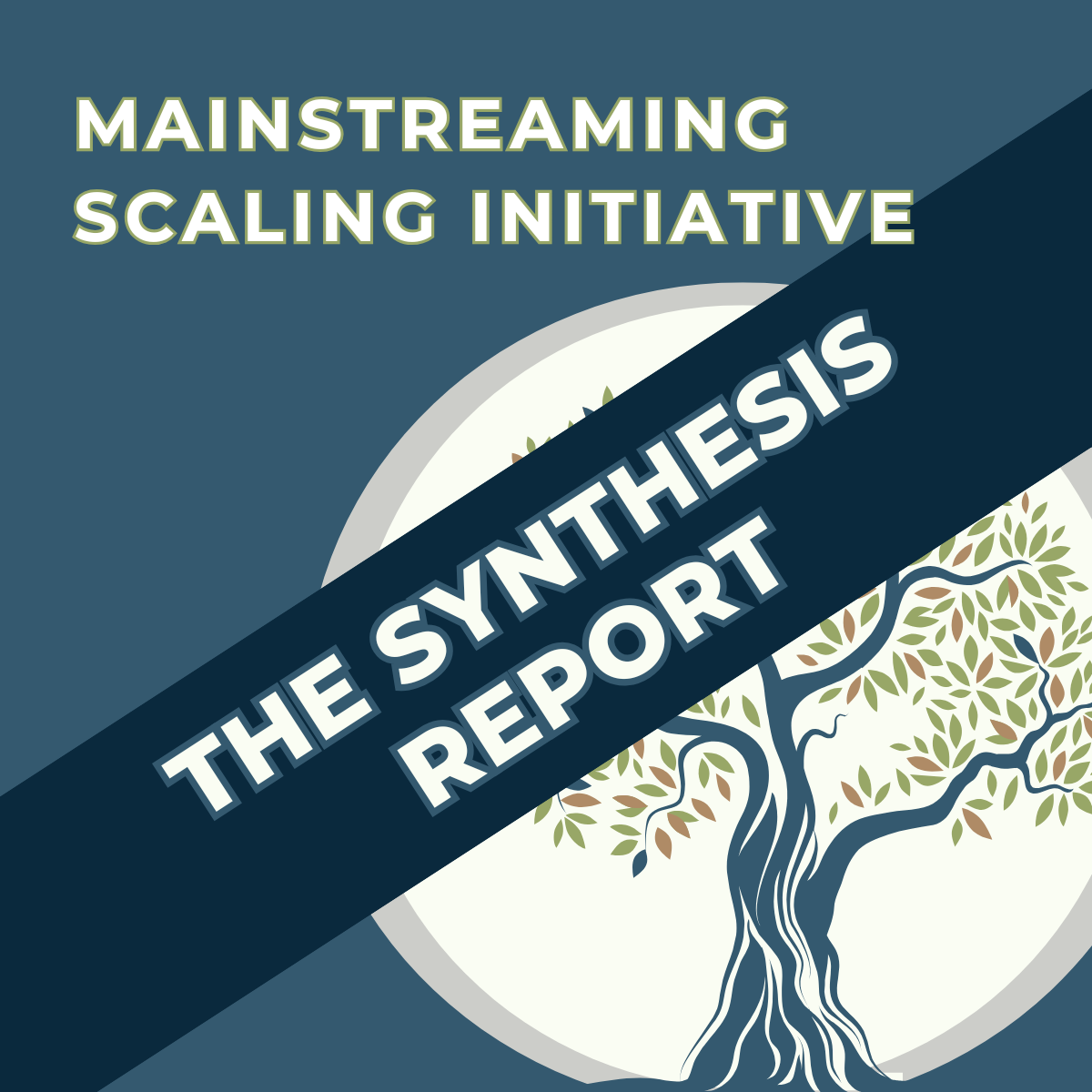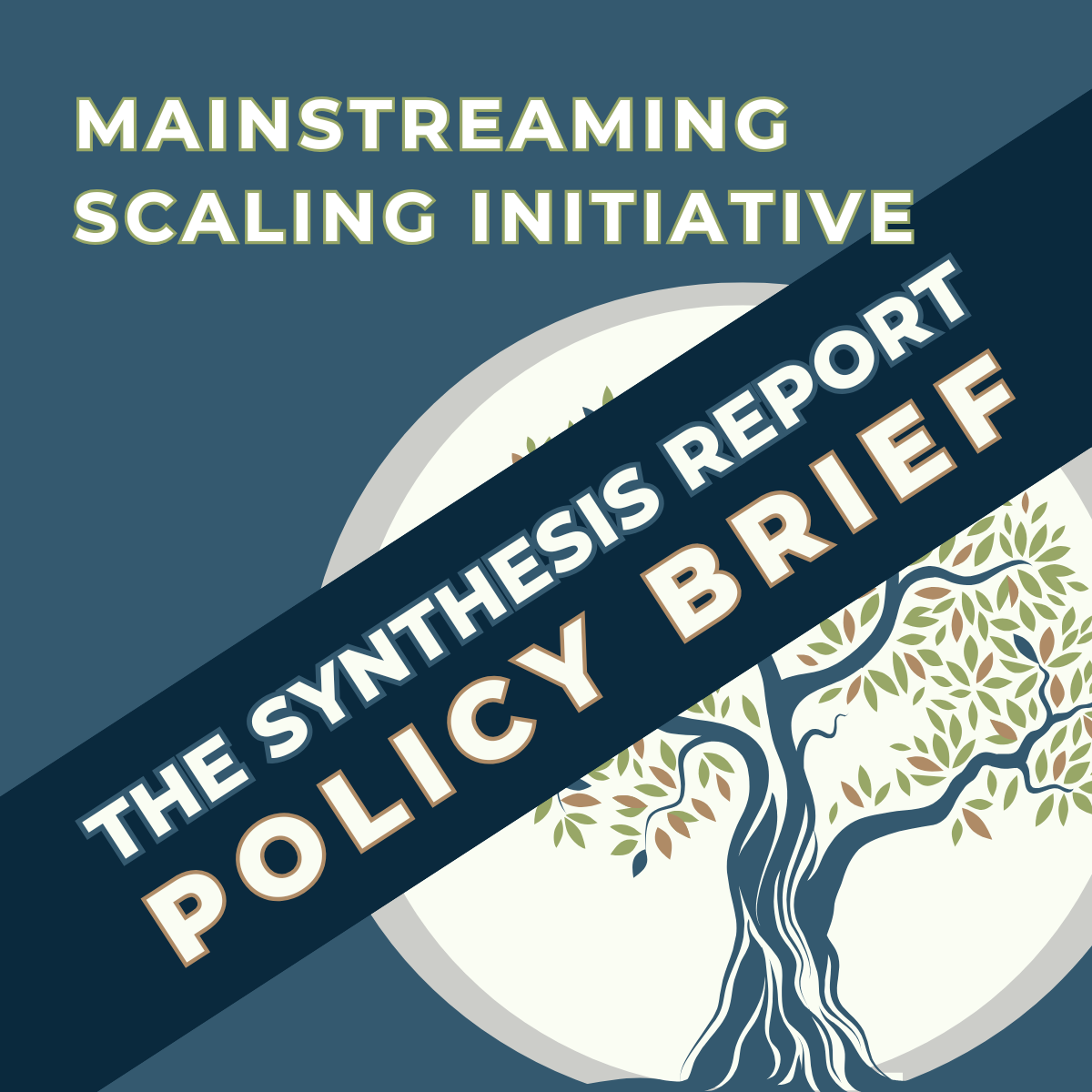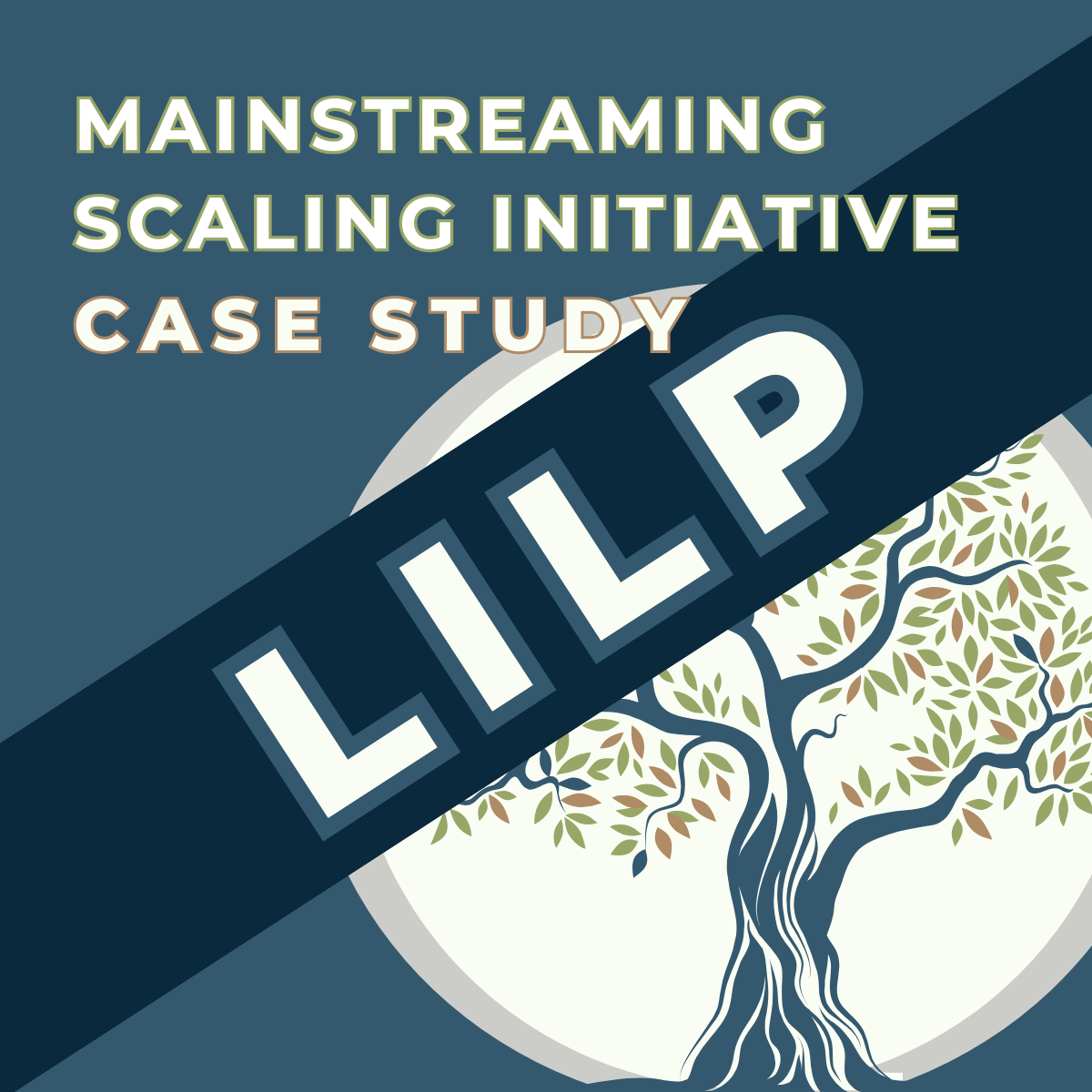By Maria Elena Mangiafico m.magiafico@ifad.org
IFAD is currently undergoing an Operational Excellence for Results (OpEx) exercise for delivering bigger and better outputs and expanding and scaling up IFAD’s impact. The restructuring exercise aims to establish IFAD as a recognized best-in-class performer through- out the project cycle, from project identification, to design, implementation and results reporting. It addresses all the critical functions of IFAD, both traditional ones such as project design, implementation sup- port and monitoring and evaluation (M&E), and recently added emerging functions such as policy engagement, knowledge management and impact assessment.
The new delivery model provides significant opportunities for IFAD to expand and scale up its impact and will be rolled out by September 2018 with a strong focus on increased decentralization and working closely with partners and stakeholders.
In parallel to these ongoing changes, IFAD continues to pursue a scaling up agenda through the country strategies and projects approved by its Executive Board in April 2018 as well as bringing forward initiatives that facilitate scaling up approaches.
One example is the launch of the Rural Solutions Portal in June 2018. This unique Portal provides a space for solution sharing and to connect people and ideas for the benefit of rural communities everywhere. The Portal show- cases innovations and solutions for agriculture and rural development and promotes knowledge sharing and peer-to-peer learning supporting South-South Triangular Cooperation (SSTC). See how you can become a solution provider by visiting the site. IFAD also updated its Website specifically devoted to scaling up in agriculture and rural development and is exploring how this can be put to use more broadly as an information platform for the Scaling Up CoP.
The Fund recently concluded research on a methodology for assessing policy impact. This is especially relevant as the development community views policy engagement as an effective mechanism for scaling up. Development partners agree that policy engagement is a difficult activity to accurately monitor and evaluate, particularly when development agencies are interested in attributing impact to their efforts. The findings of the assessment are summarized in the Research Series Issue 26 – Exploration of a methodology for assessing the impact of policy engagement. What impact and how to assess it?
Recent IFAD publications on scaling up:
- “The Support to Farmers’ Organizations in Africa Programme (SFOAP) (2013-2018)” highlights how the program built on the successes and lessons from the pilot phase and scaled up its activities and considerable outreach.
- “Household Methodologies” describes how this powerful methodology that promotes gender equality and women’s empowerment has been replicated and scaled up both in IFAD-support projects and in broader development efforts by local and national partners.
- “The African Postal Financial Services Initiative”: After five years of operation, the APFSI program demonstrated and proved that postal networks can leverage on their existing infrastructure and payment systems to extend the financial ecosystem in rural areas through appropriate partnerships with the private sector.
- “The Business Advantage: Mobilizing private sector-led climate actions in agriculture”: This study addresses importance of scaling up and channeling private capital investments in meeting the goal of achieving the Paris Agreement and limiting global warming.
- “Women-led business and value chain development; a case study in Tajikistan”: This case study describes the fascinating story of the women-led, export-oriented spinning businesses that produce and sell high value cashgora yarn to the United States market. This initiative scales up the pilot of a previous program and has high potential for even further replication and scale.
- “The Outreach Project: Expanding and scaling up innovative financial inclusion and graduation strategies and tools in Africa”: This program is an example of knowledge transfer of innovative solutions previously tested in various countries of the Latin America and the Caribbean adapted to selected African countries (Gambia, Mozambique, and Tanzania).


